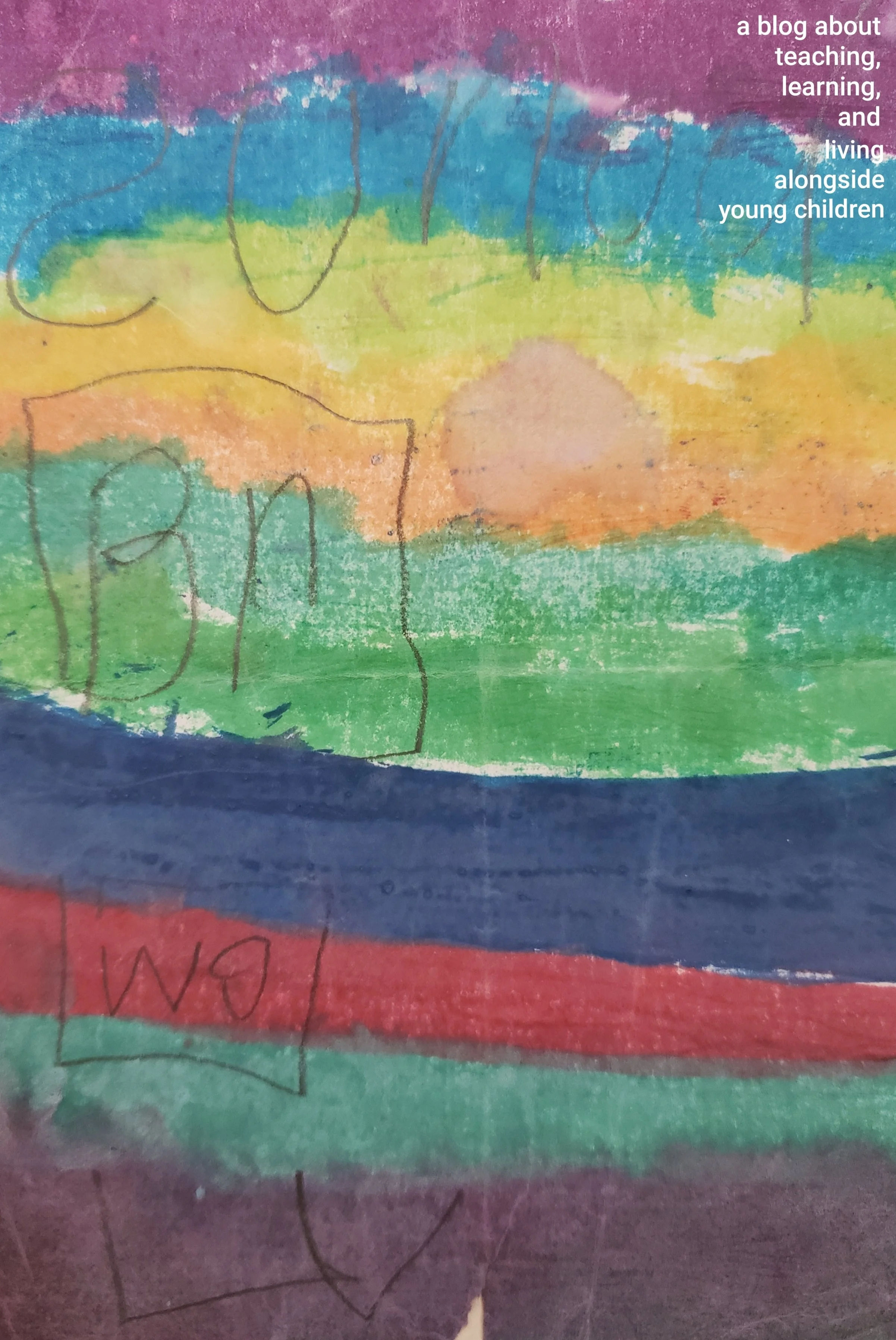Designing Spaces for Children at Home
/“…Having usable space decreases the friction between all the routines and people who live in a home or classroom. Whether you have a whole room for children, a corner in the living room, or just a special bookcase-turned-homeschool next to the kitchen table — that’s enough…”
Read More










